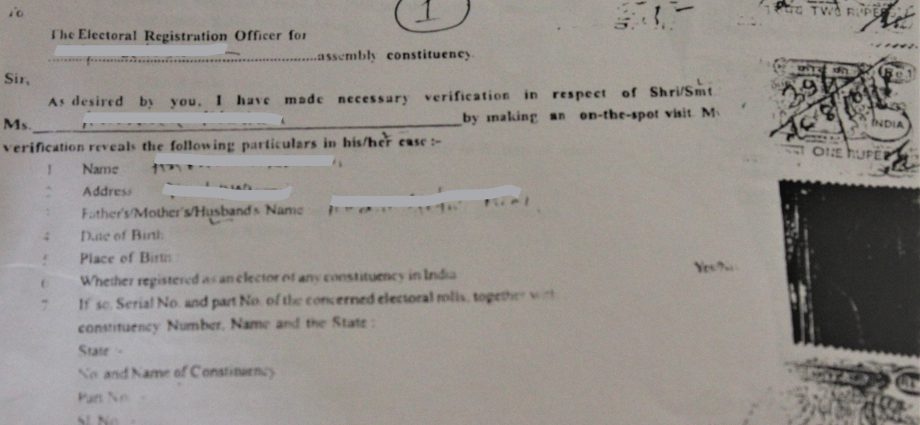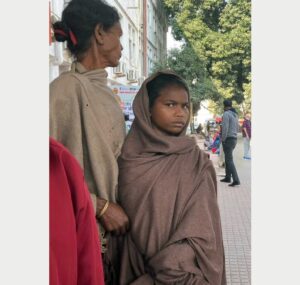

Using the tools of legal anthropology, Padmini Baruah looks at the complex history of migration in the State of Assam; at the attempt to detect “foreigners” that has led to the evolution of a legal system biased against people from ethno-religious minority communities; and at the process leading to the deliberate creation of stateless people.
By Padmini Baruah (With inputs by Aman Wadud)
26 August 2020
NRC Assam (Photo: Twitter/Doordarshan) The story of citizenship in India always begins and ends with seemingly innocuous paperwork. If one’s citizenship, as Hannah Arendt has said in The Origins of Totalitarianism (1951), is the right to have rights, then documentation acts as one of the most formidable gatekeepers. Research has indicated that around 40% of the people in low-income countries do not have identification documents, with women and the poor being especially vulnerable. This identification crisis has direct effects in terms of access to government services and resources, but in its most extreme form, it can have dire consequences on the very existence of one’s status as a citizen. In the northeastern Indian state of Assam, this challenge has manifested in a statelessness crisis in the last few decades, as more than 130,000 people have been stripped of their citizenship due to their inability to prove it. This process is…
Related Posts


Donald Trump’s Master Economic Plan I Opinion by Yanis Varoufakis




